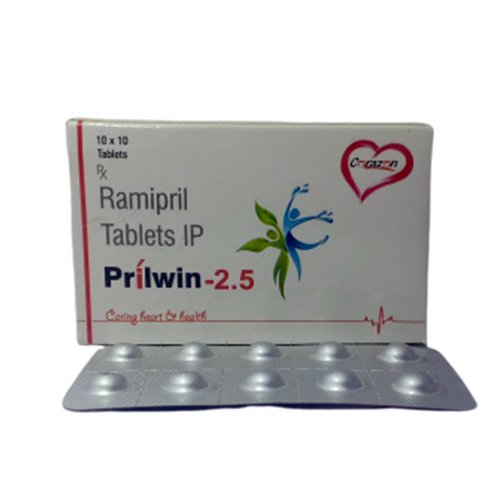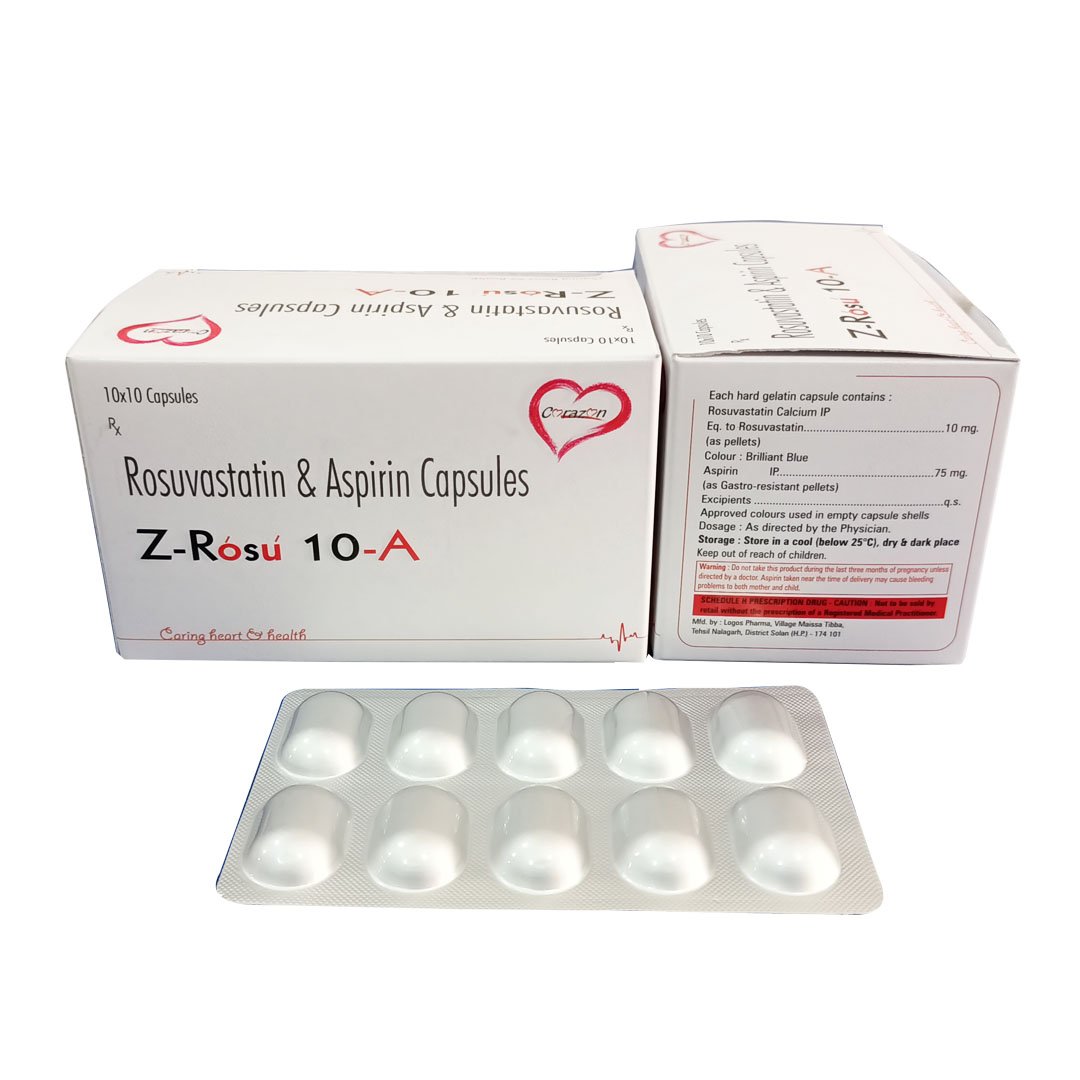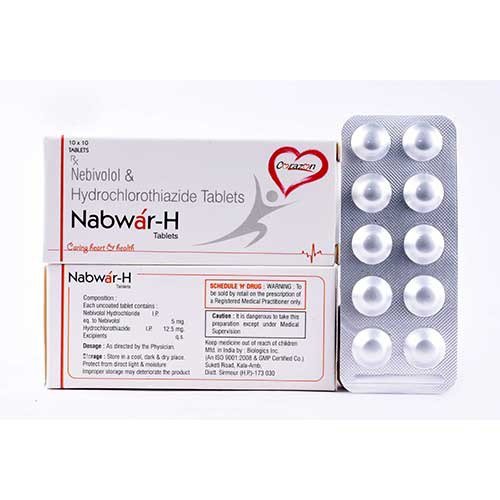Ramipril 2.5mg Tablet

Brand Name : PRILWIN 2.5
Composition : Ramipril 2.5mg Tablet
Packing Type : 10x10
Product Price : Rs. 583.5
PRILWIN 2.5 (Ramipril 2.5mg Tablet Manufacturer & Supplier)
IntroductionPrilwin 2.5 contain Ramipril 2.5 mg.It belongs to a group of medicines known as angiotensin converting enzyme (ACE) inhibitors. It is widely used to treat high blood pressure and heart attack. It also lowers the chances of having a heart attack or stroke.
Indication
• Hypertension (high blood pressure)
• Prevention of heart attack and stroke
• Heart failure
Dosage : As per your doctor prescription
Mechanism of Action :
Ramipril belongs to a class of drugs called angiotensin-converting enzyme (ACE) inhibitors. A class of drugs is a group of medications that work in a similar way. They are often used to treat similar conditions. Ramipril works by relaxing the blood vessels in your body. This reduces stress on your heart and lowers your blood pressure.
Amlodipine
Amlodipine is a calcium ion influx inhibitor of the dihydropyridine group (slow channel blocker or calcium ion antagonist) and inhibits the transmembrane influx of calcium ions into cardiac and vascular smooth muscle.
The mechanism of the antihypertensive action of amlodipine is due to a direct relaxant effect on vascular smooth muscle. The precise mechanism by which amlodipine relieves angina has not been fully determined but amlodipine reduces total ischaemic burden by the following two actions:
Pharmacology
Absorption
It is rapidly absorbed in the GI tract: peak plasma concentrations of ramipril are reached within one hour. Based on urinary recovery, the extent of absorption is at least 56 % and is not significantly influenced by the presence of food in the gastrointestinal tract.
Distribution
It rapidly distributes to all tissues, with the liver, kidneys and lungs showing markedly higher concentrations of the drug than the blood.
Excretion
The drug metabolites are excreted in urine.
Contraindication
• Hypersensitivity to the active substance
• History of angioedema
• Ramipril must not be used in patients with hypotensive or haemodynamically unstable states.
• 2nd and 3rd trimester of pregnancy
Precautions
• Pregnancy
• Patients at particular risk of hypotension
• patients with decompensated congestive heart failure
• patients with liver cirrhosis and/or ascites
• patients in whom fluid or salt depletion exists or may develop
• Patients undergoing major surgery or during anaesthesia with agents that produce hypotension.
Address
SCO 5-6, Zirakpur-Panchkula-Kalka Hwy, near Hotel Sunpark, Wadhawa Nagar, Dhakoli, Zirakpur, Punjab 140603
Contact No.
+91-7087571536
Email
arlakcorazon@gmail.com
Please Contact Us



